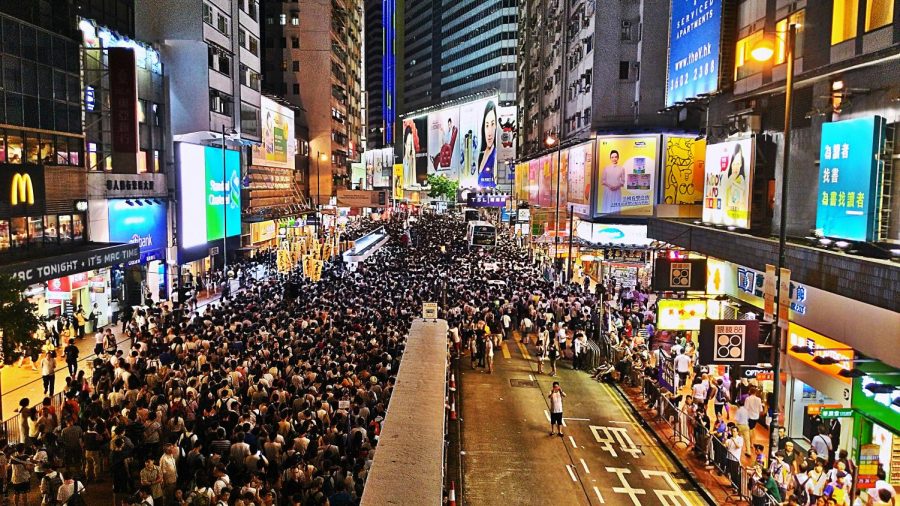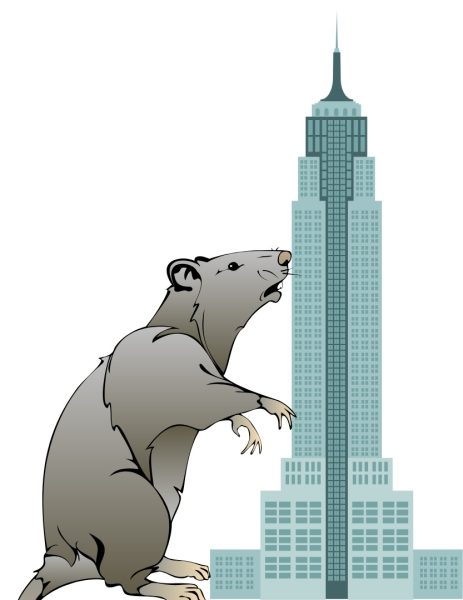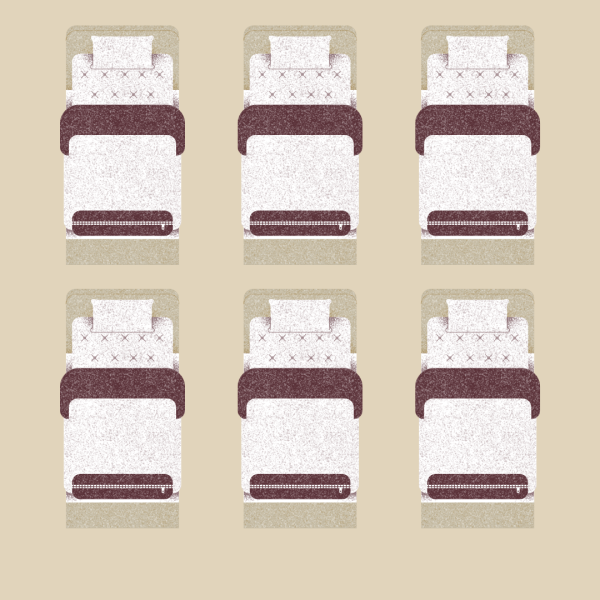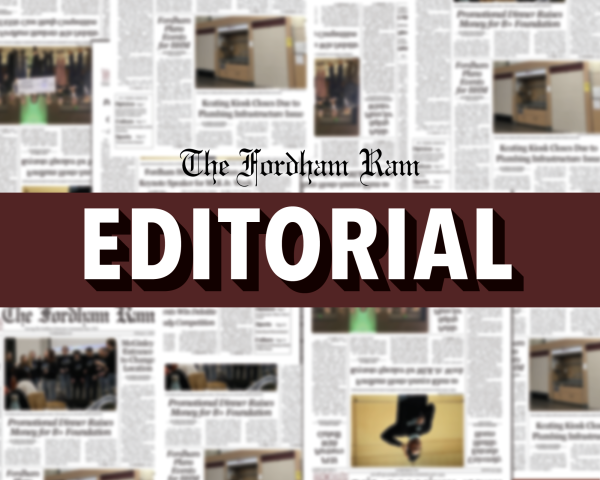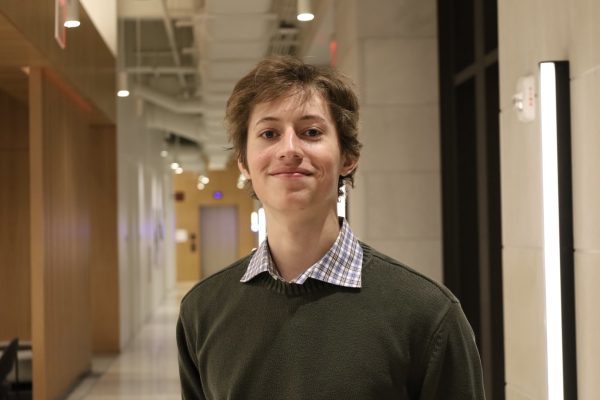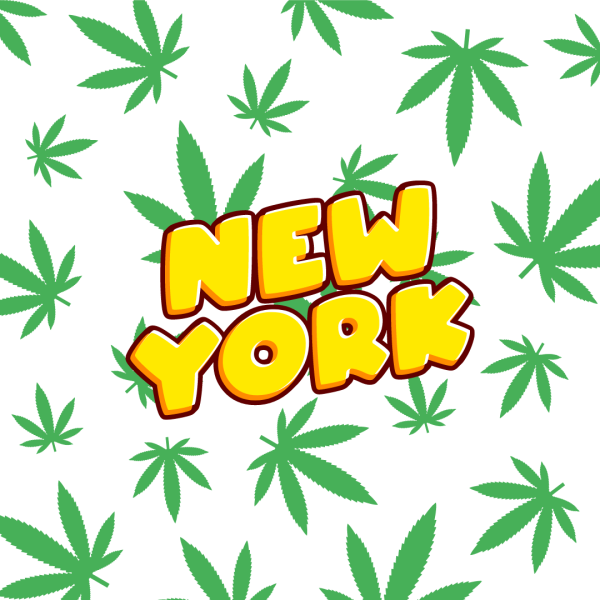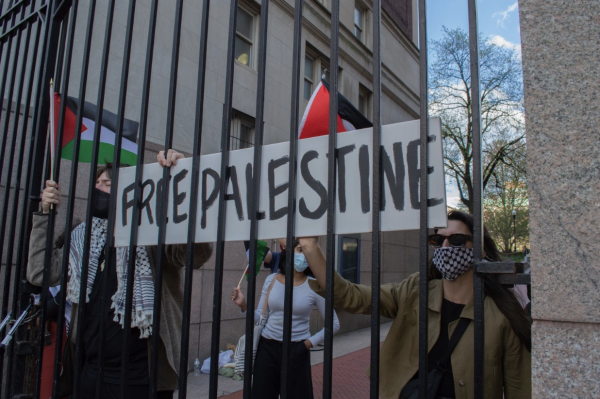The People of Hong Kong Demand Freedom
The people of Hong Kong have expressed a genuine desire for freedom, but the government they are protesting against has proven to be one of the most oppressive — especially when the global community does nothing to curb its worst abuses of power.
by Collin Bonnell
Protests have gripped Hong Kong. While their demands include political freedom, they may end in violence if the world doesn’t intervene to prevent a government crackdown.
Hong Kong, a global center of trade and commerce, has been paralyzed by massive protests since June. While the protests were initially a reaction to a proposed extradition bill which would have allowed residents of Hong Kong to be tried in mainland China, they have slowly developed into a movement that demands greater freedom for Hongkongers.
Although Hong Kong is technically a part of China, the territory maintains several political freedoms not found in the rest of the country, including freedom of speech and of assembly.
While these freedoms are temporary — they will disappear when Hong Kong is formally integrated with the People’s Republic of China in 2047 — Beijing views the unruly populace as a thorn in its side, and has already begun to roll them back. The proposed extradition bill was just the most recent example of this tendency, and would have sped up the process by allowing activists in Hong Kong to be arrested and tried in mainland China, where they do not possess political freedoms.
Even without the formal extradition bill, the past several months have seen the mysterious disappearance of several dissidents in Hong Kong — including several bookstore owners and a prominent businessman — many of whom have miraculously reappeared as political prisoners on the mainland.
Although the extradition bill was scrapped by Carrie Lam, the chief executive of Hong Kong, earlier this month, the demands of protesters have expanded since the movement began. Many are now demanding a truly democratic system of government.
On Sunday, the protesters went so far as to march on the US Consulate, demanding American support in their struggle for freedom.
Despite popular misconceptions, Hong Kong’s system of government is not a true democracy. The chief executive, who is the figurehead of the city and controls much of its policy decisions, is appointed by the Communist government — a caveat which was the main subject of the failed “Umbrella Movement” of 2014.
While the city is governed by a unicameral legislature — the Legislative Council of Hong Kong, also called “Legco” — only 40 of its 70 seats are actually elected by universal suffrage, with the other 30 being chosen by influential businesses, professional classes and rural communities.
This system means that the Pan-Democracy bloc — who seek to preserve the political freedoms granted by the British for as long as possible — is kept out of power despite usually winning the popular vote. The reason for this is that Hong Kong’s business community has accepted political repression in order to keep the Communist Party happy and ensure the continuation of trade with the mainland.
As the demands of the protesters have grown and the movement has failed to disband, the protests are being met with increasing police brutality.
These tensions exploded on Saturday, when protesters gathered outside of the Mong Kok police station to protest police violence. Riot police responded to the protest by threatening to open fire with rubber bullets and sponges. The protesters, in turn, began lighting fires and chanting anti-Beijing slogans, prompting the police to rush the protesters, leading to several injuries.
A previous confrontation in Prince Edward Station ended violently when police beat protesters causing several severe injuries. Dissidents have demanded that the police release surveillance videos from the scene of the protest, but these demands have been rejected.
Protesters attempted to launch large protests in Hong Kong’s airport and throughout its mass transit system over the weekend to paralyze the city and force Beijing to cave to their demands. The Chinese government reacted by deploying riot police throughout the city, restricting access to the airport and stopping buses and trains to check the identification of passengers.
China’s People’s Liberation Army (PLA) made a point of rotating troops in and out of Hong Kong during late August, and now about 8,000 to 10,000 troops are in or just outside the city. A recent PLA propaganda video portrayed soldiers attacking people dressed in the unofficial uniforms of the protest movement, and as the protests turn increasingly violent, some international observers are concerned that China may resort to a military crackdown.
The people of Hong Kong have expressed a genuine desire for freedom, but the government they are protesting against has proven to be one of the most oppressive — especially when the global community does nothing to curb its worst abuses of power.
It is important to understand that political movements in China almost always end in bloodshed rather than reform. The most tragic example being the Tiananmen Square Massacre of 1989, during which the world stood by as a still unknown number of students, workers, and bystanders were gunned down by the PLA.
It is up to the global community to ensure that these protests don’t meet a tragic end, and demand that Beijing accept the legitimate demands of its own people.
The people from Hong Kong are demanding freedom. Even if Beijing pretends to be deaf, the world must listen.
Collin Bonnell, FCRH ’21, is a history and theology major from Hingham, Mass.

